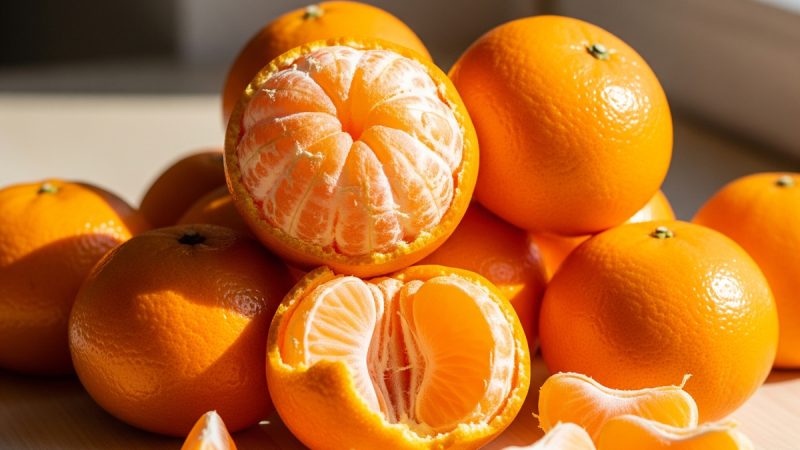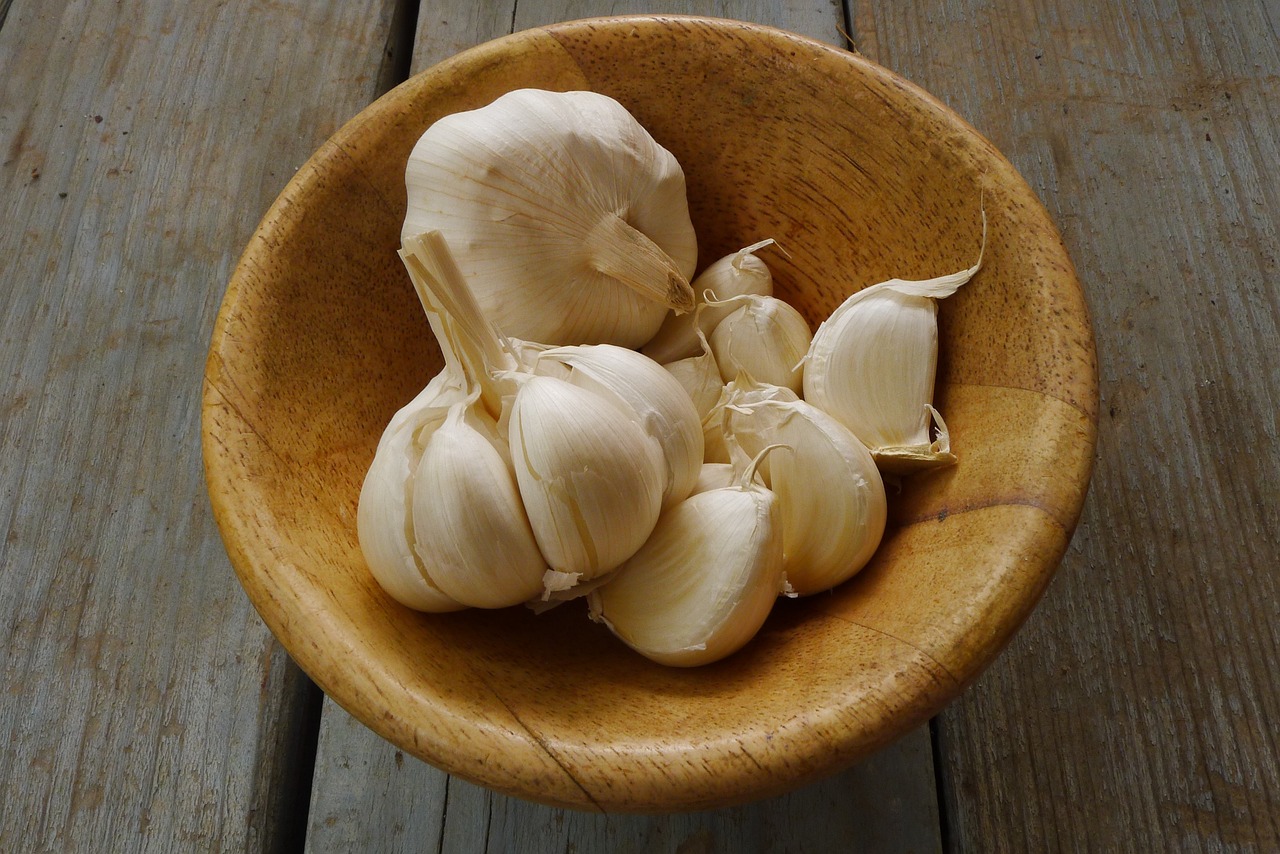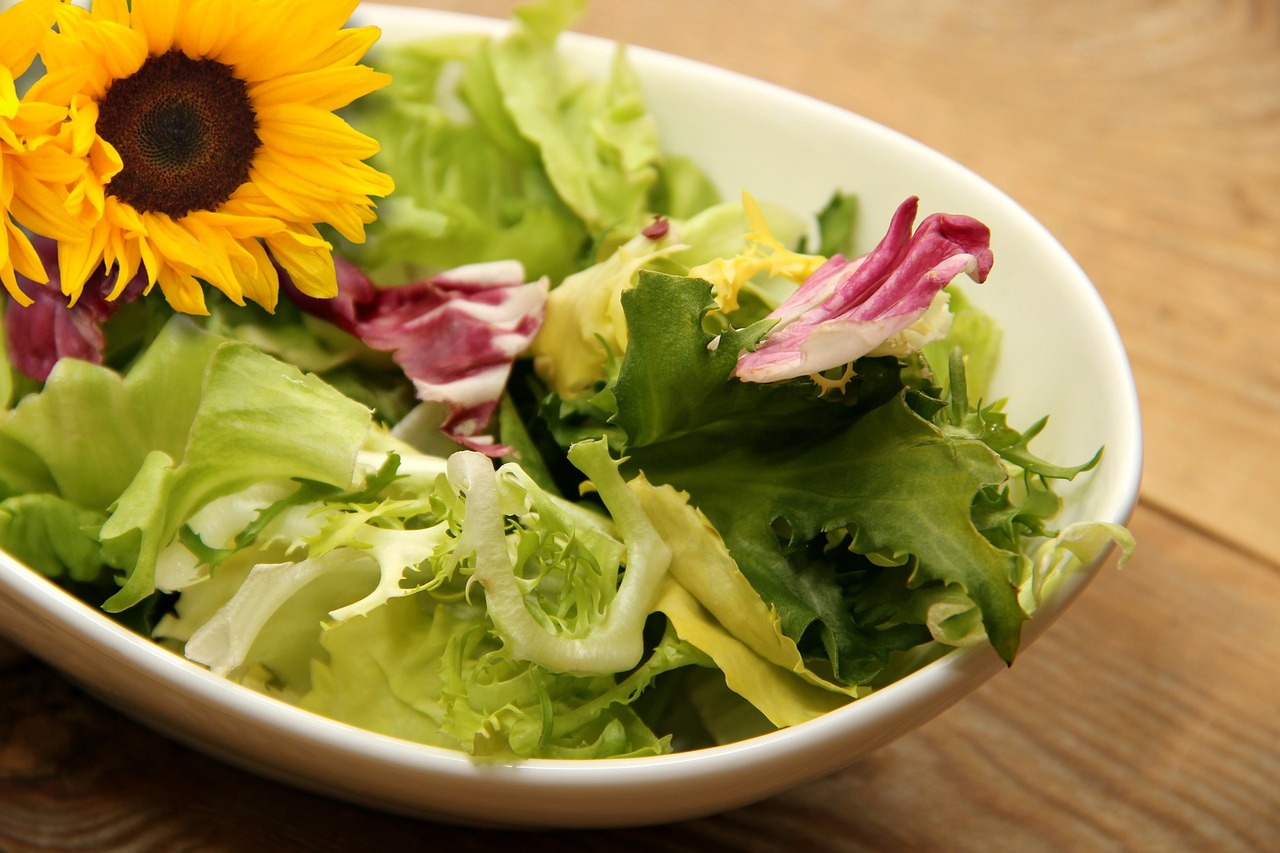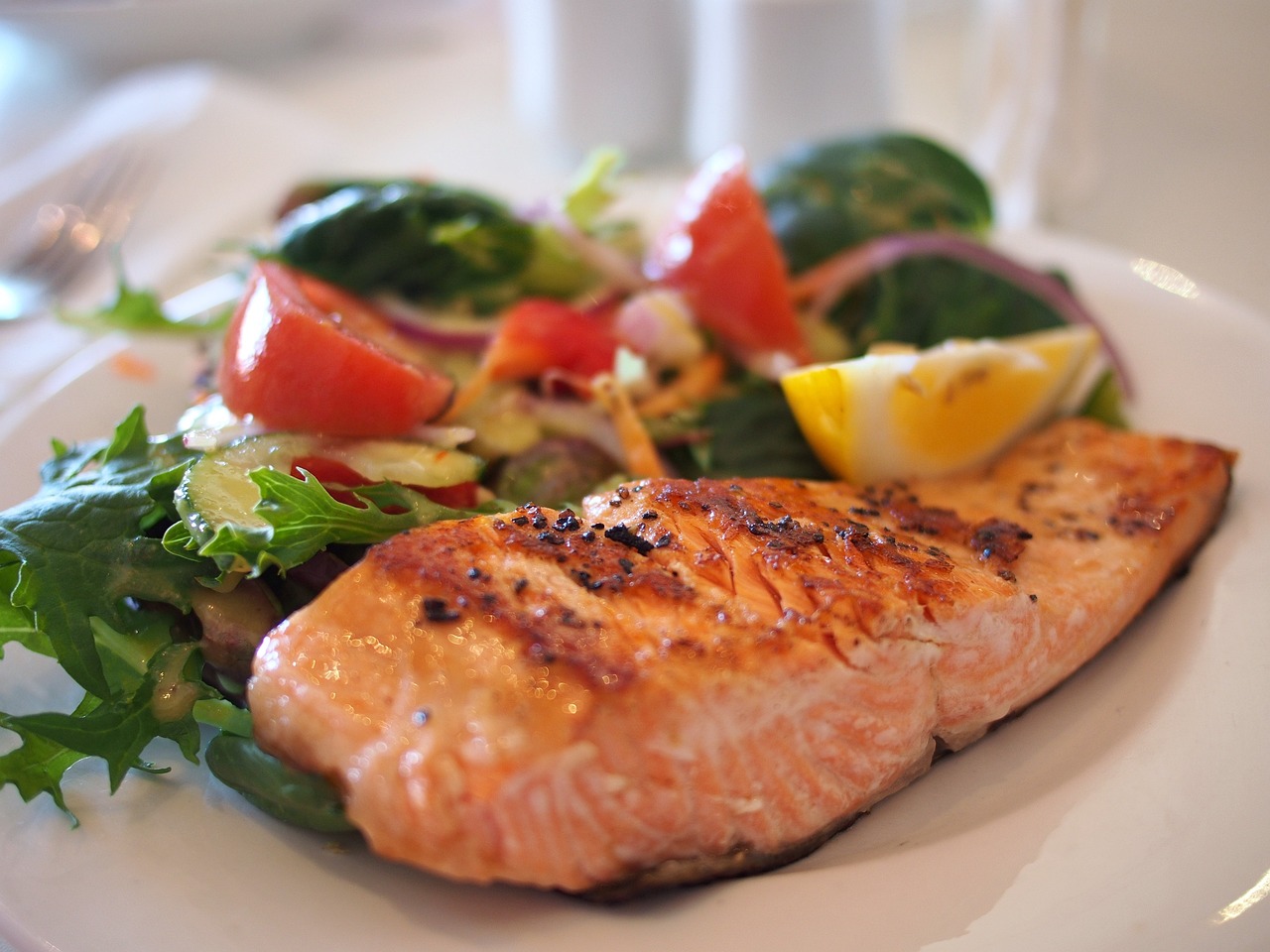Do The Various Kinds of Winter Squash Differ in Nutrients or Recommended Preparation?

Q: Do the various kinds of winter squash differ in nutrients or recommended preparation?
A: Winter squash comes in many sizes, shapes and varieties; almost all are great sources of compounds called carotenoids. Two of these, alpha- and beta-carotene, promote cell-to-cell communication, reducing risk of uncontrolled cell growth that can lead to cancer. Lutein and zeaxanthin are two “cousin” carotenoid compounds that are concentrated in the lens and retina of our eyes. They protect eye health by filtering out high-energy UV rays, known as blue light, that can create damage. Winter squash is also a good source of vitamin C, potassium and dietary fiber, all with about 75 calories a serving, about a cup of cooked squash cubes. Spaghetti squash is a little lower in calories, fiber and the nutrients noted above. Its preparation is unique, too, since after cooking, you can pull its strands out with a fork to serve like spaghetti. The other squash each have slightly distinctive flavors and textures, and all make savory additions to soup, stir-fries, stews, curries and mixed oven-roasted vegetables. Each can be baked, steamed or microwaved to serve stuffed, in chunks or puréed, often accompanied with sweet spices (cinnamon, ginger), fruits (such as apples or cranberries) or nuts. Acorn squash are small with a very hard rind, so they are often cut in half and baked without peeling. Butternut squash is sweet and moist with a slight nutty flavor, and the skin is easy to peel, so they are great when you want chunks to roast or add to stews. Buttercup squash has a delicious sweet flavor, but because it can be a bit dry, use it in moist dishes like soups. Don’t be afraid of large squash like Hubbard, because you can freeze the leftovers or any you don’t use, either in raw slices or after cooking in cubes or puréed.
The Author:
The American Institute for Cancer Research (AICR) is the cancer charity that fosters research on the relationship of nutrition, physical activity and weight management to cancer risk, interprets the scientific literature and educates the public about the results. It has contributed more than $96 million for innovative research conducted at universities, hospitals and research centers across the country. AICR has published two landmark reports that interpret the accumulated research in the field, and is committed to a process of continuous review. AICR also provides a wide range of educational programs to help millions of Americans learn to make dietary changes for lower cancer risk. Its award-winning New American Plate program is presented in brochures, seminars and on its website, www.aicr.org. AICR is a member of the World Cancer Research Fund International.
Photo. Elsemargriet








